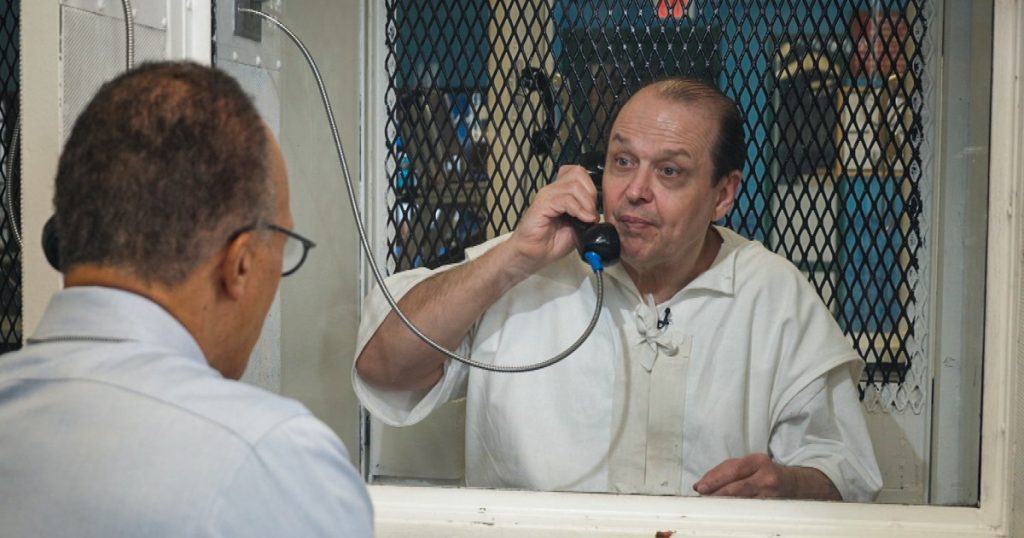Robert Roberson, 57, was scheduled to be executed by lethal injection at the Texas State Penitentiary at Huntsville for the death of his 2-year-old daughter in 2002. However, a judge granted a temporary injunction in favor of state lawmakers who issued a subpoena for Roberson to testify at a hearing next week, effectively delaying the execution. The Office of the Attorney General plans to appeal the order, but the execution could still be delayed if Gov. Greg Abbott grants a request for a 30-day reprieve. The U.S. Supreme Court denied a bid to stay the execution, leaving the decision up to the governor.
Despite the denial of clemency by the Texas Board of Pardons and Paroles, a bipartisan coalition of state lawmakers has rallied to support Roberson. Testimony from medical experts and a retired lead detective in the case was presented at a hearing, with the detective claiming Roberson is innocent. Roberson himself has maintained his innocence in the death of his daughter, challenging the science behind shaken baby syndrome that was used to convict him. The American Academy of Pediatrics changed the terminology from shaken baby syndrome to abusive head trauma, acknowledging other medical conditions could cause similar symptoms.
Roberson described the events leading up to his daughter’s death, explaining that he found her unresponsive in their home. He took her to the emergency room, where she was pronounced dead the next day. Roberson’s seemingly blank reaction at the hospital was attributed to his autism spectrum disorder, which was diagnosed in 2018. Despite Roberson’s claims and lack of emotional response, prosecutors believed he had intentionally shaken his daughter, causing her death. Roberson’s lawyers were not allowed to have a medical expert testify about his claims of mental lapses resulting from a brain injury, which was a significant limitation in his defense.
The jury did not hear the extent of Nikki’s medical history, including her frequent hospital visits and her high fever shortly before her death. Roberson’s defense has attempted to argue for a new trial based on new evidence and claims of actual innocence, but these arguments have been repeatedly rejected in court. Anderson County prosecutors maintain their belief that Nikki was murdered and that Roberson is responsible, refuting claims of junk science, disease process, and actual innocence. Despite these challenges, Roberson’s case has garnered significant support from scientists, doctors, Texas legislators, advocates for parental rights, and organizations supporting individuals with autism.
A petition with over 116,000 signatures was delivered to Gov. Abbott’s office urging him to stop Roberson’s execution. The case has brought attention to the controversial nature of shaken baby syndrome cases, with increased scrutiny on the medical testimony used in such convictions. The legal battle and public support for Roberson highlight the complexities of cases involving accusations of child abuse, the limitations of the legal system, and the role of advocacy and public opinion in seeking justice. As the legal showdown continues and the fate of Roberson hangs in the balance, the decision ultimately lies with the governor and the state’s highest criminal court.













